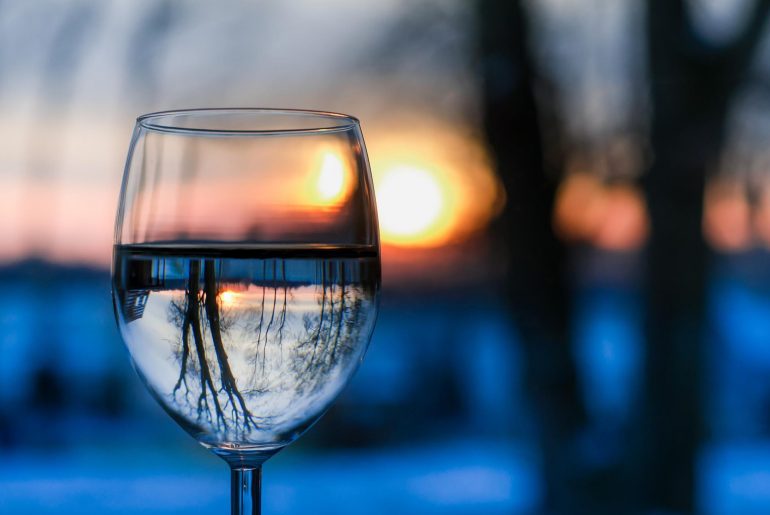Ordinary drinking water, so plain and simple and unobtrusive in a world full of colorful, flavorful and life-giving food and drink, is nonetheless the most important element of all in living healthy and well.
For lack of water, we will die in just a few days. With too little of it, our brains grow sluggish and our bodies become dehydrated.
The only drink I like ice in is water, because you can’t water down water.” JAROD KINTZ, Writer and humorist
Here are seven ways drinking water makes you healthy and prolongs your life:
- Water is your body’s lubricant. Just as your car can’t operate without oil, your body will cease to perform without the H20 element (two parts hydrogen and one part oxygen). It is vital to help you digest food. The water in your saliva makes it possible for you to chew and swallow food and helps it move fluidly down your esophagus. Your joints and cartilages move easier because you drink water. It keeps your eyeballs moving and protects you from injury and debilitating conditions like arthritis and gout.
- Water moves nutrients and oxygen through your body. Made up of 92 percent water, your blood moves constantly through your body, delivering nutrients and oxygen to all your organs and cells, maintaining their ability to function properly.
- Water protects you from disease. The American Cancer Society1 advises that drinking water may reduce the risk of bladder cancer. Having sufficient water in your system dilutes the strength of cancer-causing agents in the urine and encourages them to have less time in contact with the bladder lining.
- Drinking water keeps you alert and energized throughout the day. If you are suffering from bouts of fatigue during the day, chances are you are dehydrated. Drinking sufficient water also keeps your memory keen and your brain alert. (Your brain is composed of 95 percent water.)
- Water nourishes your skin and keeps it more youthful. Without sufficient water, your skin cells, which are composed of water, cannot function at their best.
- Water provides your body’s air conditioning system. When your body over-heats, it pushes water out in the form of perspiration from sweat glands in the skin, and you are cooled. Conversely, when you are cold, water allows your blood to be quickly shunted away from your exterior skin cells and preserves essential heat in your body.
- Water flushes out harmful toxins from your body. Through the excretion of water by urination and perspiration, your body removes harmful toxins. Water also assists in bowel movements to ensure wastes are removed from your body. When you drink sufficient water, it also assists your kidneys and liver in their job of flushing out waste products.
In the United Kingdom, there is universal access to safe drinking water. An estimated 97 percent of all households are connected to the sewer network. The drinking water standards adhered to are determined by the European Union.
Many consumers also purchase bottled water. If you are using bottled water for your infants, you should ensure that it contains less than 200 milligrams (mg) a liter of sodium. This is sometimes written as Na on the label.
In most sources of drinking water, sodium levels will be less than 20 mg/litre. According to the World Health Organization, 2 no specific recommendation is proposed on this. However, they do warn that drinking water with levels above the 200 mg/litre measure impacts the taste of the water.

How much water should you drink to enjoy maximum health benefits?
According to experts at the Mayo Clinic, 3 think beyond the old guidelines of eight glasses a day. For men, they suggest 13 cups (three litres) and for women, nine cups (2.2 litres). Conditions that should prompt you to drink more include your level of exercise (drink more if it is high), your environment (drink more if it is hot) and your health (drink more if you have fever, vomiting or diarrhoea).
Sources:
1.American Cancer Society http://www.cancer.org/healthy/eathealthygetactive/acsguidelinesonnutritionphysicalactivityforcancerprevention/acs-guidelines-on-nutrition-and-physical-activity-for-cancer-prevention-diet-cancer-questions
- World Health Organization
http://www.who.int/water_sanitation_health/dwq/chemicals/sodium.pdf
- Mayo Clinic





